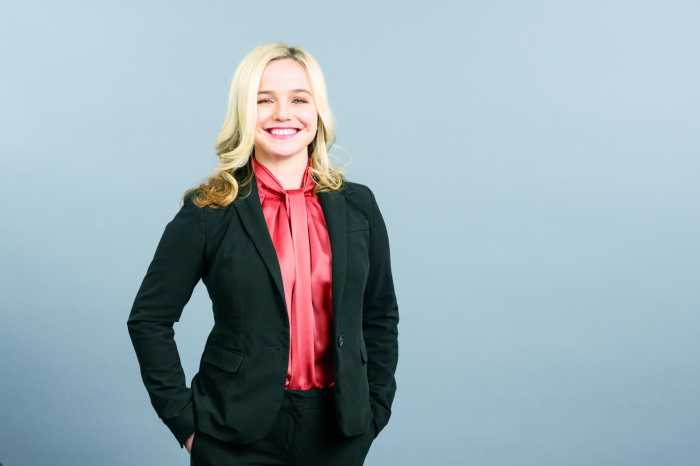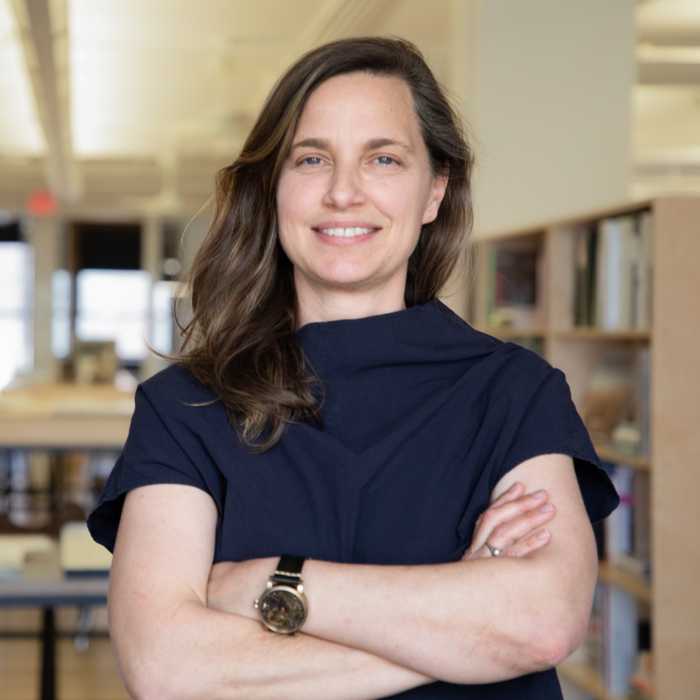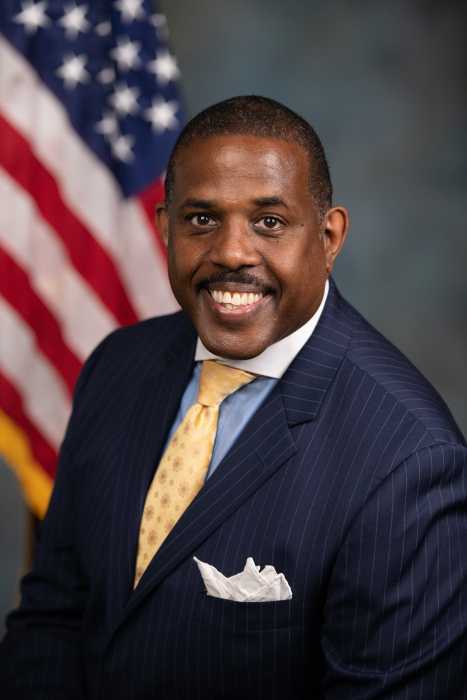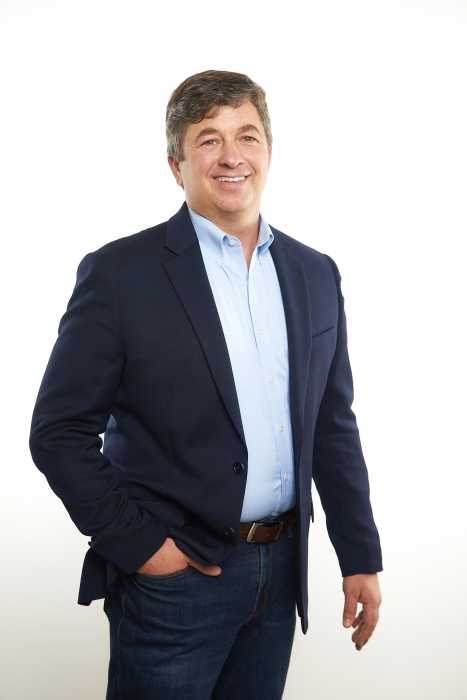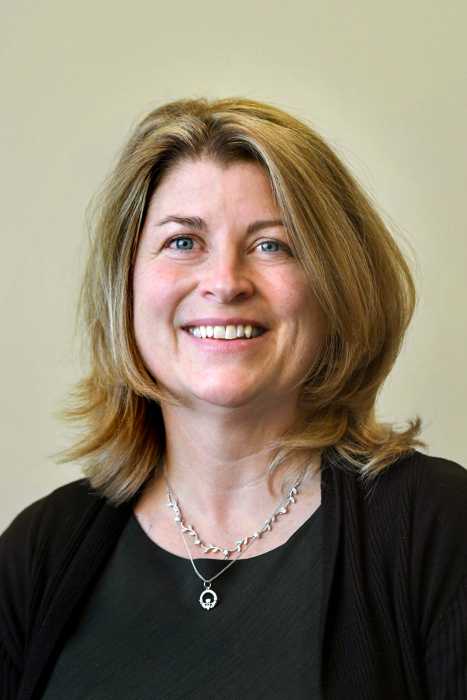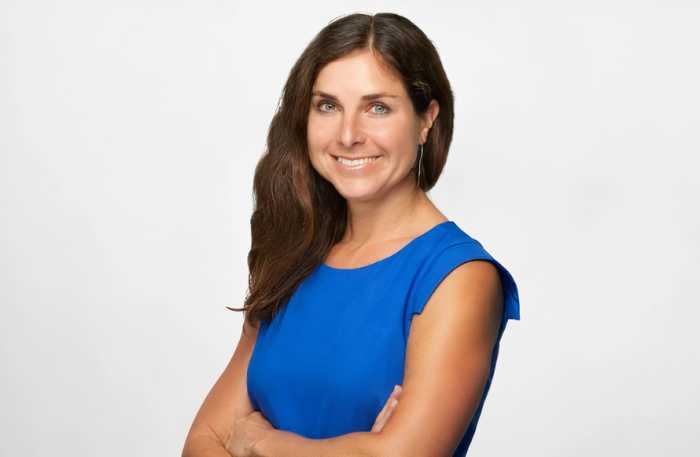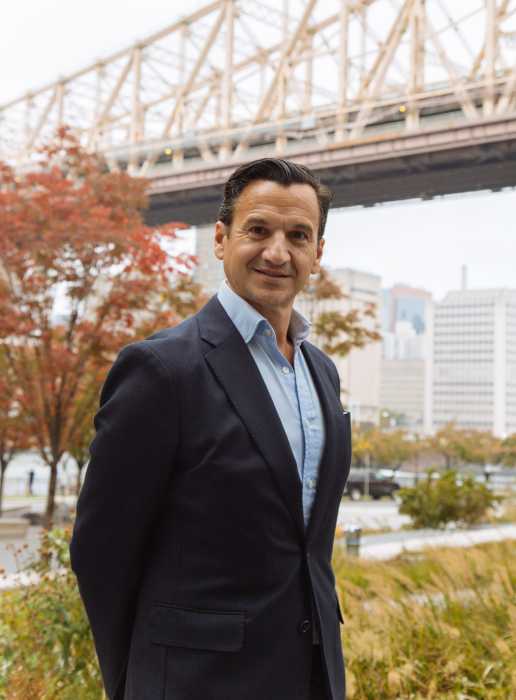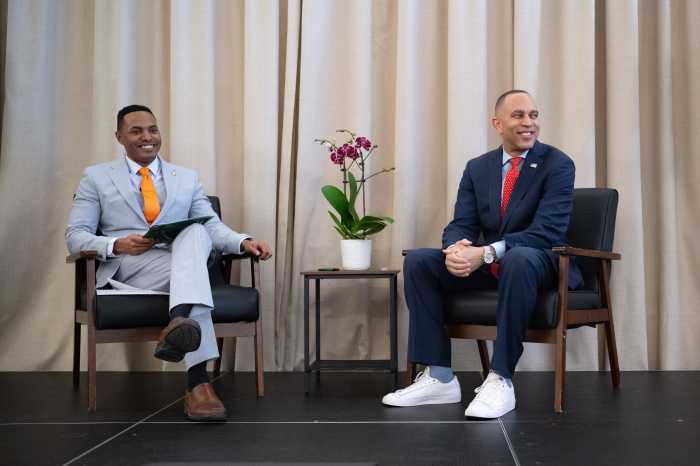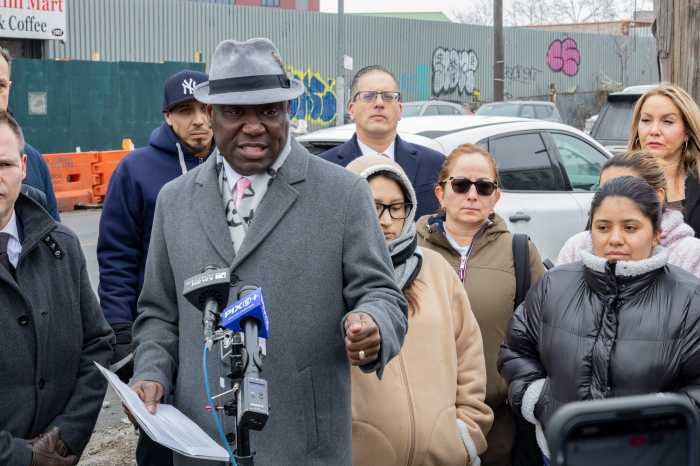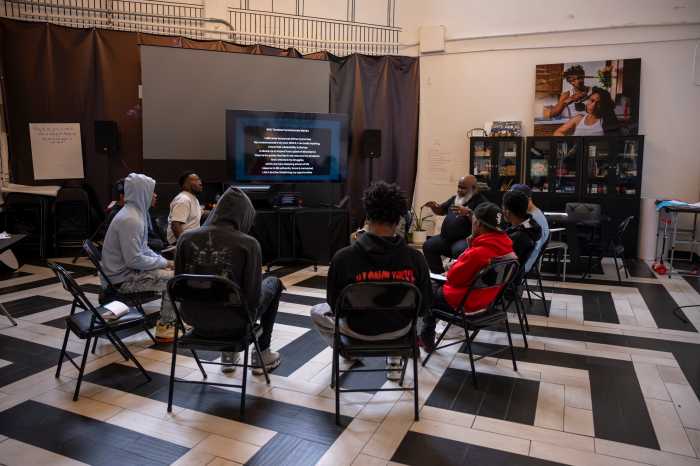Katelyn O’Leary is a part of The Parkside Group’s government relations team, where she represents energy and telecommunications clients before state and local governments. Prior to joining Parkside, she served as senior policy advisor on the energy and environment team in New York State’s Executive Chamber, where she advised two governors on climate policy. Early on in her career, Katelyn held several different roles in the New York State Senate, including as legislative director.
What does sustainability mean to you?
For me, sustainability means planting seeds in a garden we’ll never see. We, as human beings, need to realize that there is only one Earth and it has a finite amount of resources. With that knowledge comes the call to action to conserve those resources and safeguard them for generations to come. Sustainability efforts should strive to leave behind a legacy of a healthy environment with clean air and water.
Is there one major climate issue your organization is looking to tackle?
The Parkside Group advises and advocates on behalf of energy organizations that are tackling a variety of climate related issues ranging from the deployment of electric vehicle charging infrastructure, to the development of transmission that supports the interconnection of new renewables onto the grid, and the decarbonization of the electric generation sector.
What is one thing everyone can do to help protect the environment?
One way individuals can help protect the environment is reducing and eliminating their use of single-use plastics, such as plastic water bottles, plastic straws, plastic silverware, and plastic bags. Single-use plastics are more likely to end up polluting our oceans and natural lands than reusable options. These products can be replaced with reusable versions, made out of materials like glass, metal, fabric, or bamboo, that are seamlessly incorporated into our daily life.
What steps are your organization taking to ensure a sustainable future?
The Parkside Group works with organizations that seek to address climate change and be a part of the transformation to a clean economy and more sustainable future.


